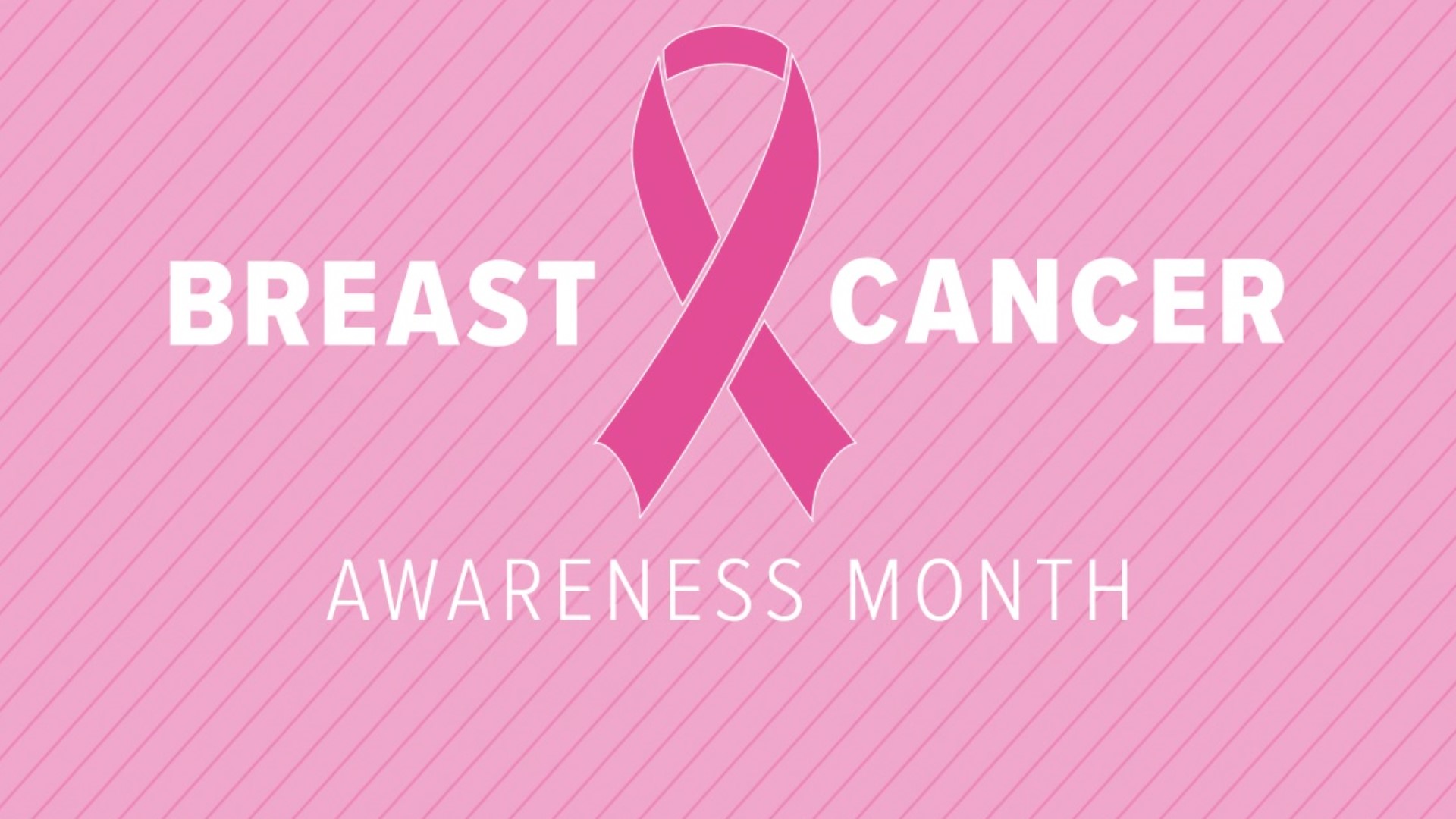DANVILLE, Pa. — While many of us may have a history of cancer in our families, how likely is it that we will also get the disease?
According to the National Institutes of Health, 90 to 95 percent of cancer cases are caused by environment and lifestyle. The other 5 to 10 percent of cancer cases are due to genetic defects.
"Where we come in with genetics is we rule out that familial risk and determine if it's hereditary or not," explained Gabby Shermanski, a genetic counselor at Geisinger, specializing in hematology/oncology.
October is Breast Cancer Awareness Month, a time to promote awareness of the disease.
Shermanski says it's also important to know your family history. Shermanski and other genetic counselors meet with patients with a history of cancer, whether it be an active or previous diagnosis. They also meet with patients who have a strong family history of the disease.
"In terms of family history, we care mostly about patients who have relatives who have been diagnosed, what ages were they diagnosed at, what types of cancers may or may not make us more suspicious for something hereditary in a family."
The genetic testing is done by blood or saliva.
"We do accept any type of referral from an internal Geisinger provider or external provider. A lot of patients just make self-referrals as well. We do accept those."
Shermanski reminds people to keep up with routine screenings and learn their family history.
More information on genetics and breast cancer is available from Geisinger HERE.

